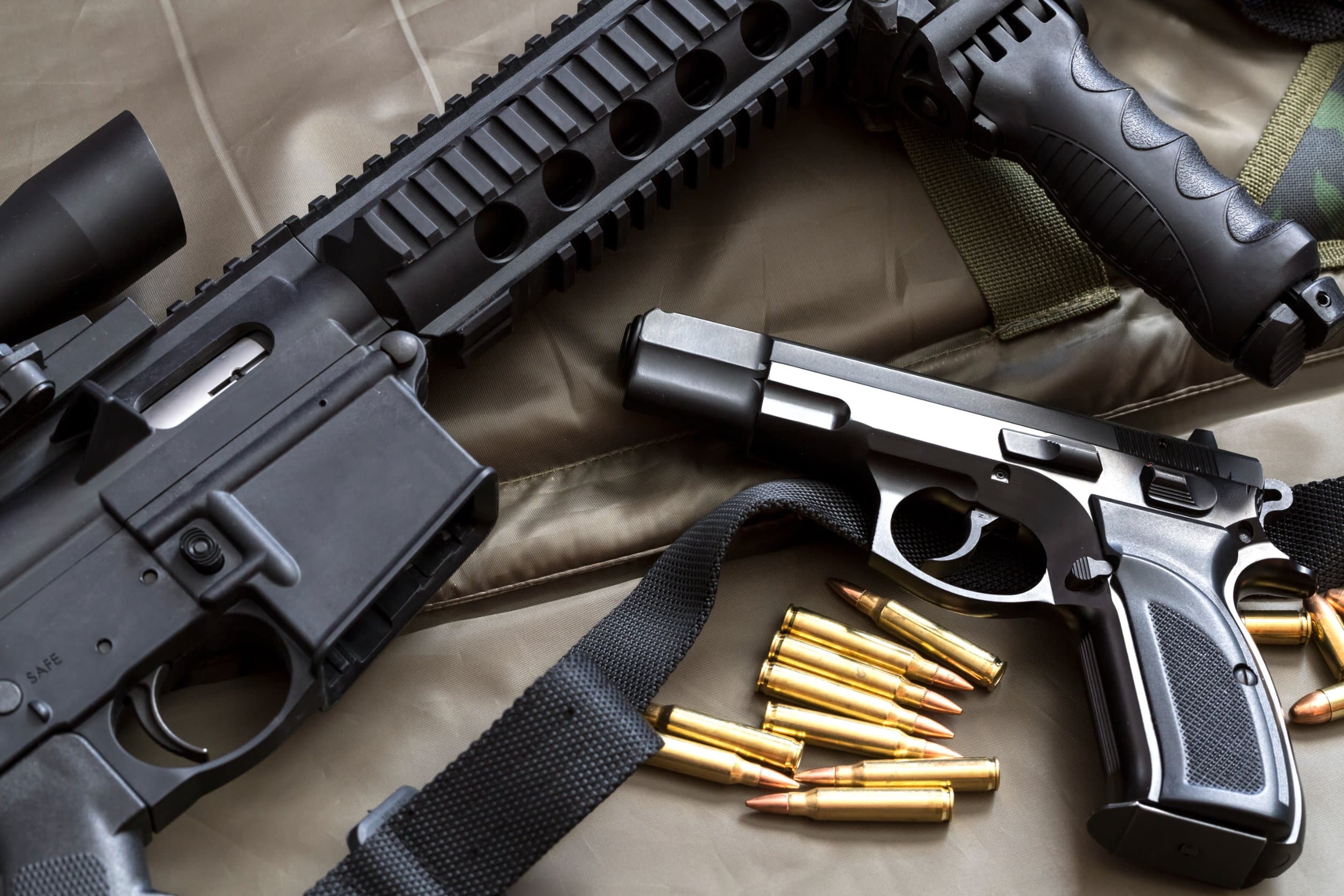Any type of conviction can be a stain on your criminal record, but some criminal convictions come with added obstacles – like impacting your right to own a gun.
When it comes to domestic violence in North Carolina, you could be looking at more than jail time and fines for a conviction. If you are found guilty of an offense of domestic violence in the state, then North Carolina law says you can’t obtain a gun permit. And federal law has the same restrictions.
Even for misdemeanor offenses, your second amendment rights can be in jeopardy. If you’ve been charged with domestic violence in North Carolina, here is what you need to know.
Domestic Violence in North Carolina
In North Carolina, domestic violence is defined as perpetrating a violent act against someone with whom you have a personal relationship. That person can also file for a domestic violence restraining order against you.
In the state, a personal relationship is defined as:
- Anyone to whom you are currently married or have been married
- Anyone of the opposite sex with whom you have lived or currently live
- Anyone related through marriage or by blood
- Anyone with whom you share a child
- Those who are members of the same household – or past household members
- Anyone of the opposite sex with whom you have been or are in a dating relationship
If you intentionally cause or try to cause bodily harm to any of these people or put them in fear of bodily injury or continued harassment, then you can be charged with domestic violence in North Carolina. It also applies to situations where sex crimes, such as rape or sexual battery, have taken place – if the victims are in one of the categories mentioned above.
Each domestic violence case is different. The circumstances surrounding yours will dictate the available options to maintain your right to own a gun. However, you need a skilled attorney to help navigate these types of cases and keep your rights intact.
Domestic Violence Restraining Orders in North Carolina
If you are subject to a restraining order for domestic violence in North Carolina, then you are required by the law to surrender your firearms until the order is lifted or expired. Violating a domestic violence restraining order can also mean that you are unable to possess firearms under federal law as well as state law.
What If You’re Caught with a Firearm?
If you’ve been convicted of a crime of domestic violence, and you are caught with an illegal firearm, then you may be in violation of federal law. While a misdemeanor offense of domestic violence on its own isn’t enough of a reason to ban you from possessing firearms on a state level, other conditions could cause this to be true.
For example, if you’re on probation as a part of the resolution of your case, then you may be prohibited from owning a firearm as part of your probation conditions. If a domestic violence restraining order is taken out against, that would also prohibit you from possessing a firearm.
Breaking the conditions of your probation or your domestic violence restraining order can land you back in court to face additional consequences. That’s why it’s always important to have an experienced attorney on your side.









